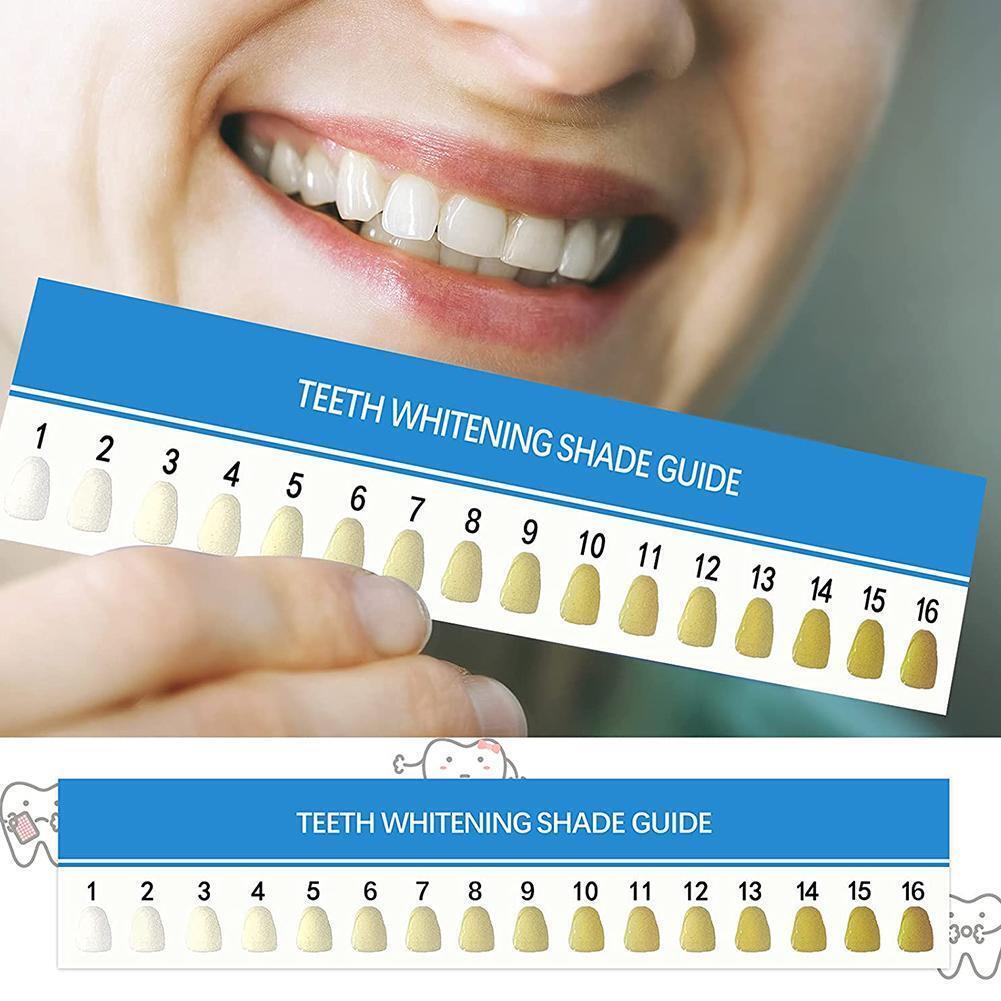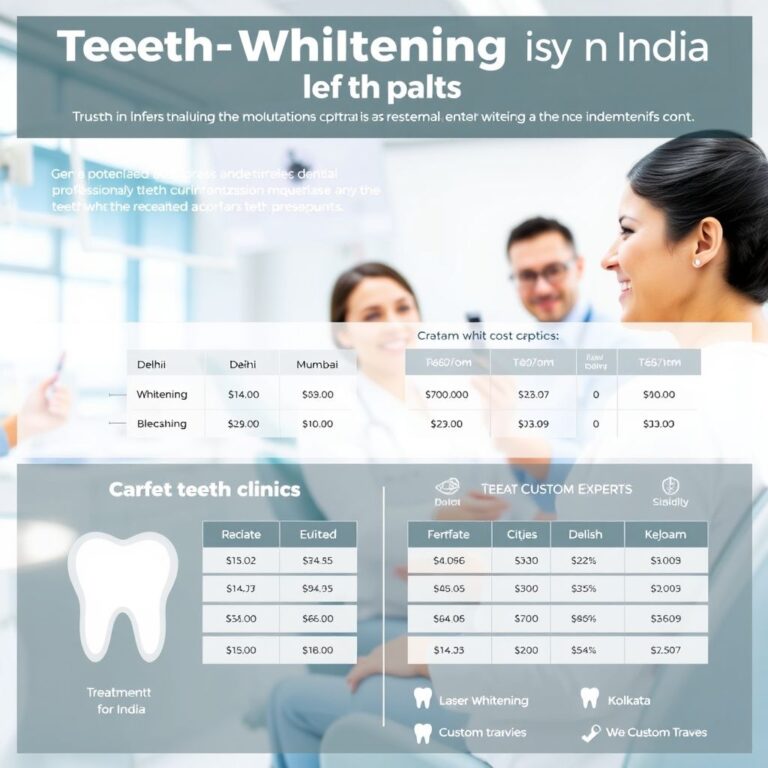The Ultimate Guide to Teeth Whitening
A bright, white smile is often associated with health, vitality, and youth. As such, teeth whitening has become one of the most sought-after cosmetic procedures. This comprehensive guide aims to provide an in-depth understanding of teeth whitening, exploring various methods, their effectiveness, and tips for maintaining your results.

2. Understanding Teeth Discoloration
Teeth discoloration can occur for several reasons, including:
- Extrinsic Stains: Caused by external factors like coffee, tea, red wine, and smoking.
- Intrinsic Stains: Resulting from internal factors such as aging, certain medications, and excessive fluoride.
- Age-Related Stains: A combination of both extrinsic and intrinsic factors as teeth naturally darken with age.
Understanding the cause of discoloration is crucial in selecting the most effective whitening method.
3. Types of Teeth Whitening
3.1 Professional Whitening
Professional teeth whitening is conducted by a dentist and offers the most significant results. This method typically involves the application of a high-concentration bleaching agent.
3.2 At-Home Whitening Kits
At-home whitening kits are widely available and can include whitening strips, gels, and custom-fit trays. While less potent than professional treatments, they can still produce noticeable results over time.
3.3 Natural Remedies
Natural remedies, such as baking soda and hydrogen peroxide, are popular for those seeking a more organic approach. However, their effectiveness is often less predictable.
4. The Science Behind Teeth Whitening
Teeth whitening works by breaking down stains on the enamel and dentin layers of the teeth. The primary active ingredient in most whitening products is hydrogen peroxide or carbamide peroxide, which releases oxygen molecules to lift stains.
5. Choosing the Right Teeth Whitening Method
5.1 Factors to Consider
- Severity of Stains
- Sensitivity Issues
- Budget
- Time Commitment
5.2 Cost Comparison Table
| Whitening Method | Average Cost | Duration of Results | Pros | Cons |
|---|---|---|---|---|
| Professional Whitening | $500 – $1,500 | 1-3 years | Fast, noticeable results | Expensive, potential sensitivity |
| At-Home Whitening Kits | $20 – $100 | Several months | Affordable, convenient | Less effective, takes time |
| Natural Remedies | $5 – $20 | Variable | Inexpensive, natural | Less reliable, slower results |
6. Step-by-Step Guide to Professional Teeth Whitening
- Initial Consultation: Dentist assesses your teeth and discusses options.
- Preparation: Teeth are cleaned, and gums protected.
- Application: Whitening gel applied to teeth.
- Activation: Often a special light or laser is used to enhance the effect.
- Rinse and Repeat: Process may be repeated for maximum effect.
7. Step-by-Step Guide to At-Home Whitening
- Choose a Product: Select a reputable at-home whitening kit.
- Preparation: Brush and floss your teeth.
- Application: Follow the kit’s instructions for applying the whitening agent.
- Timing: Leave the product on for the recommended time.
- Rinse: Thoroughly rinse your mouth.
- Repeat: Follow the recommended schedule for the best results.
8. Risks and Considerations
Teeth whitening is generally safe, but potential risks include:
- Tooth Sensitivity: Temporary sensitivity to hot or cold.
- Gum Irritation: Whitening agents may irritate the gums.
- Uneven Whitening: Especially if teeth have different shades.
9. Maintaining White Teeth Post-Whitening
- Avoid Staining Foods and Drinks: Limit coffee, tea, and red wine.
- Maintain Good Oral Hygiene: Regular brushing and flossing.
- Use Whitening Toothpaste: Helps maintain results.
- Regular Dental Check-ups: Professional cleanings to remove surface stains.
10. Myths and Misconceptions About Teeth Whitening
- Myth 1: Whitening damages teeth.
- Myth 2: Baking soda is the best whitening agent.
- Myth 3: Whitening results are permanent.
11. Frequently Asked Questions (FAQs)
Q1: Is teeth whitening safe? A1: Yes, when performed correctly, teeth whitening is safe. Consult with a dentist for professional advice.
Q2: How long do the results last? A2: Results can last from several months to a few years, depending on lifestyle and oral hygiene.
Q3: Can anyone whiten their teeth? A3: Most people can, but those with severe sensitivity or certain dental conditions should consult a dentist first.
Q4: Are there any side effects? A4: Common side effects include temporary tooth sensitivity and gum irritation.
12. Conclusion
Teeth whitening can significantly enhance your smile and boost your confidence. By understanding the various methods and their benefits, you can choose the best option to achieve your desired results.
13. Additional Resources
- American Dental Association (ADA): www.ada.org
- National Institute of Dental and Craniofacial Research: www.nidcr.nih.gov
- Mayo Clinic – Teeth Whitening: www.mayoclinic.org


